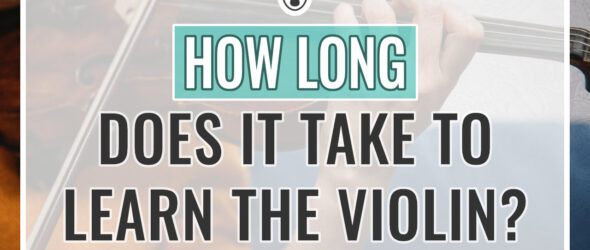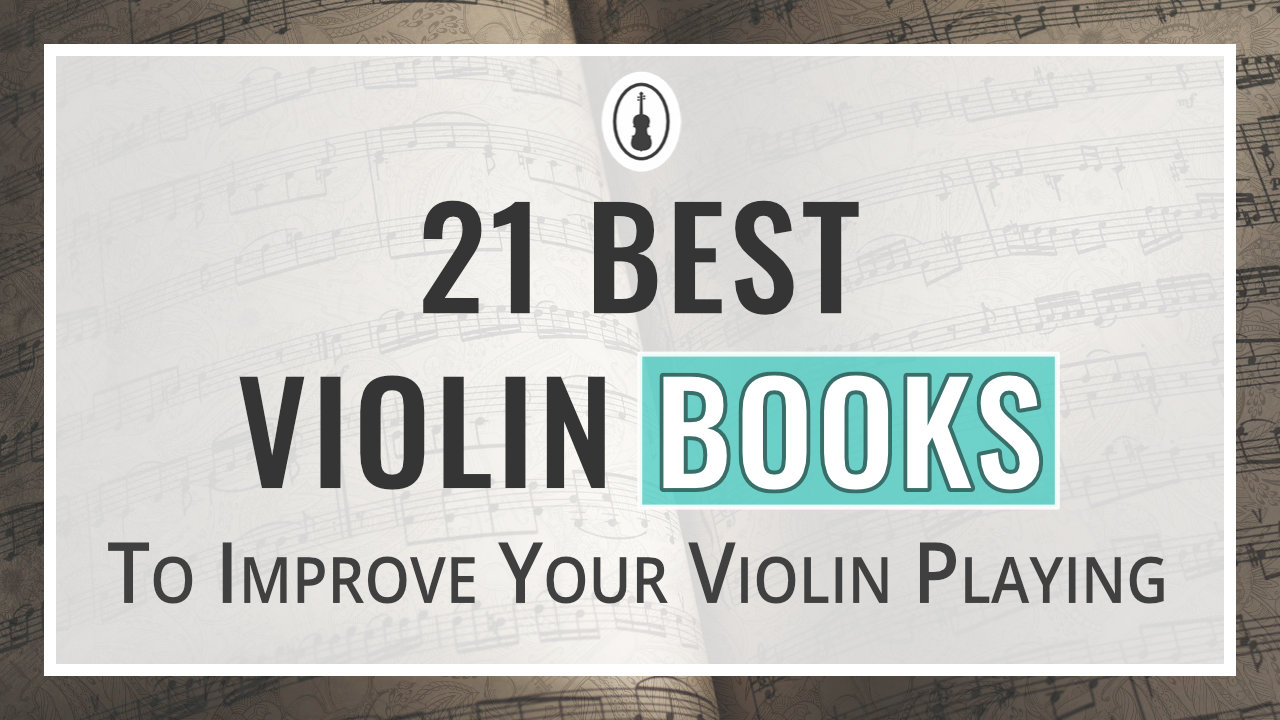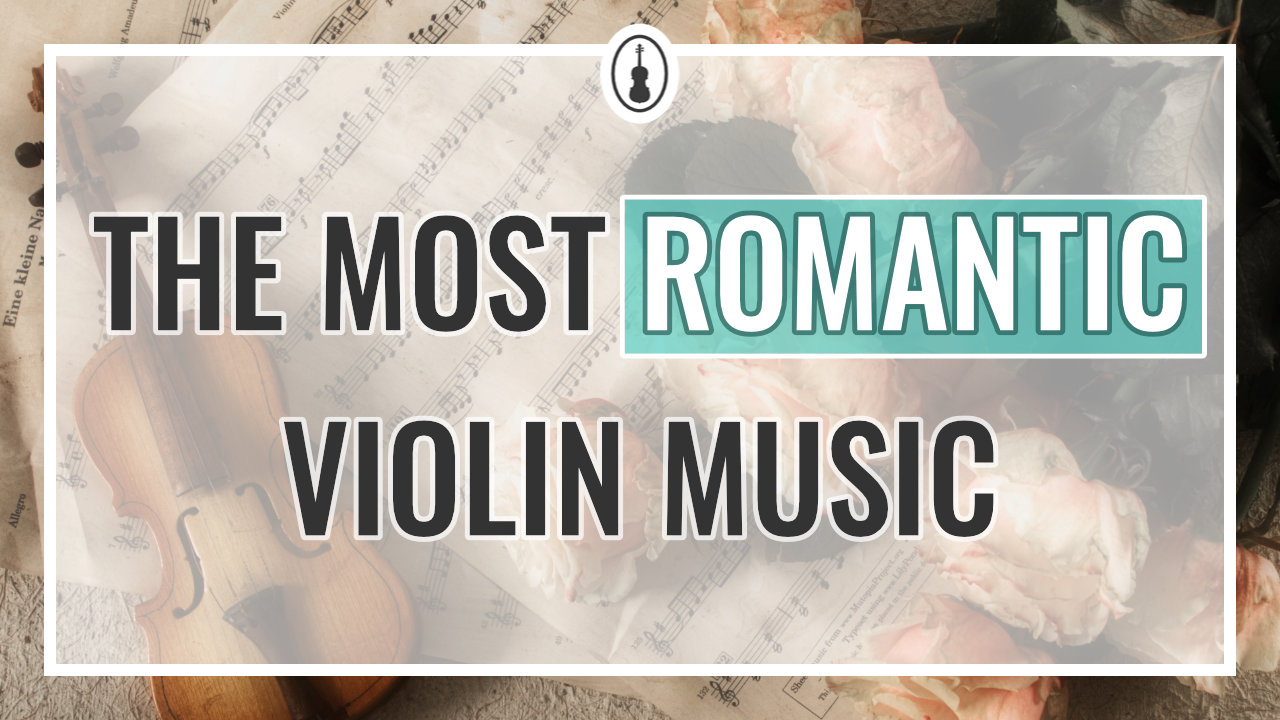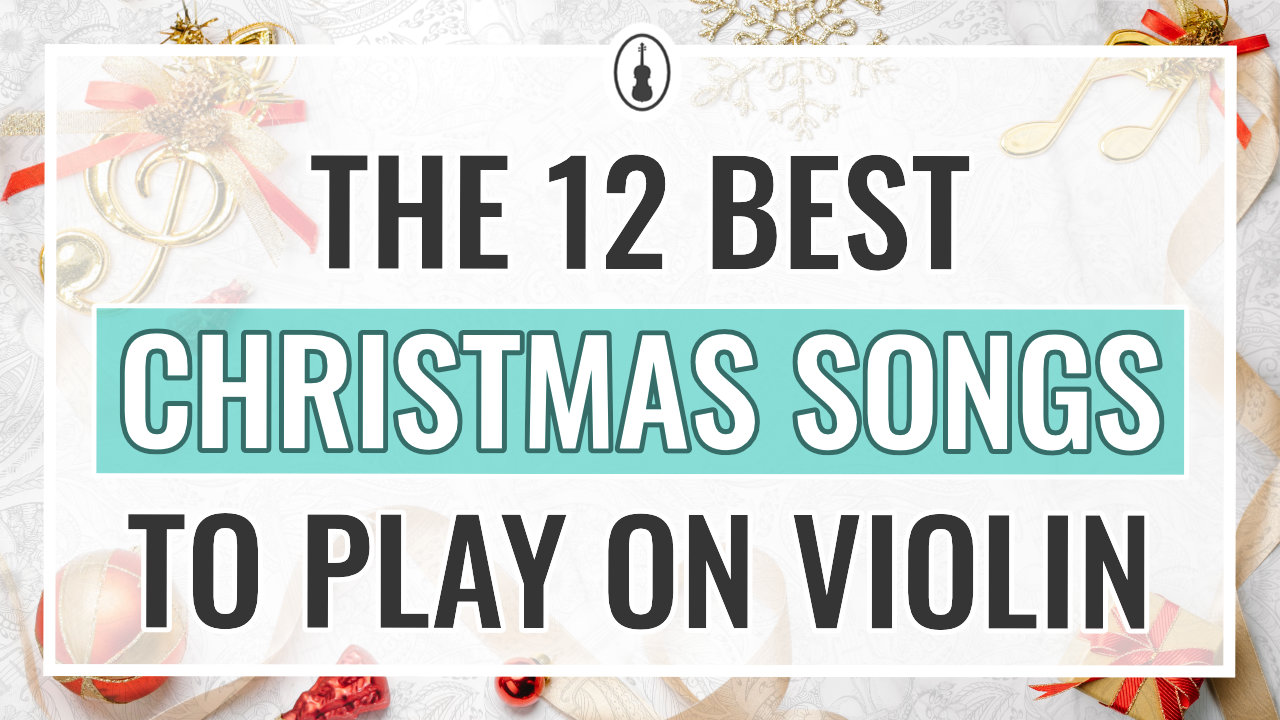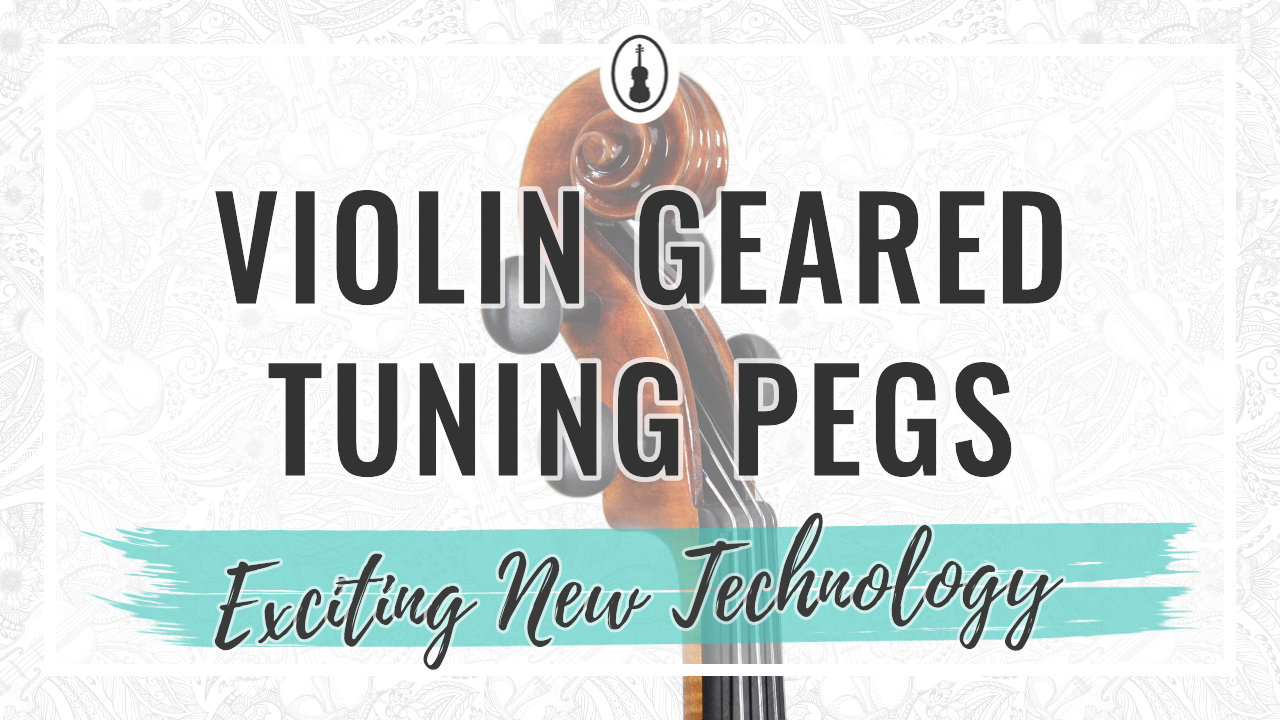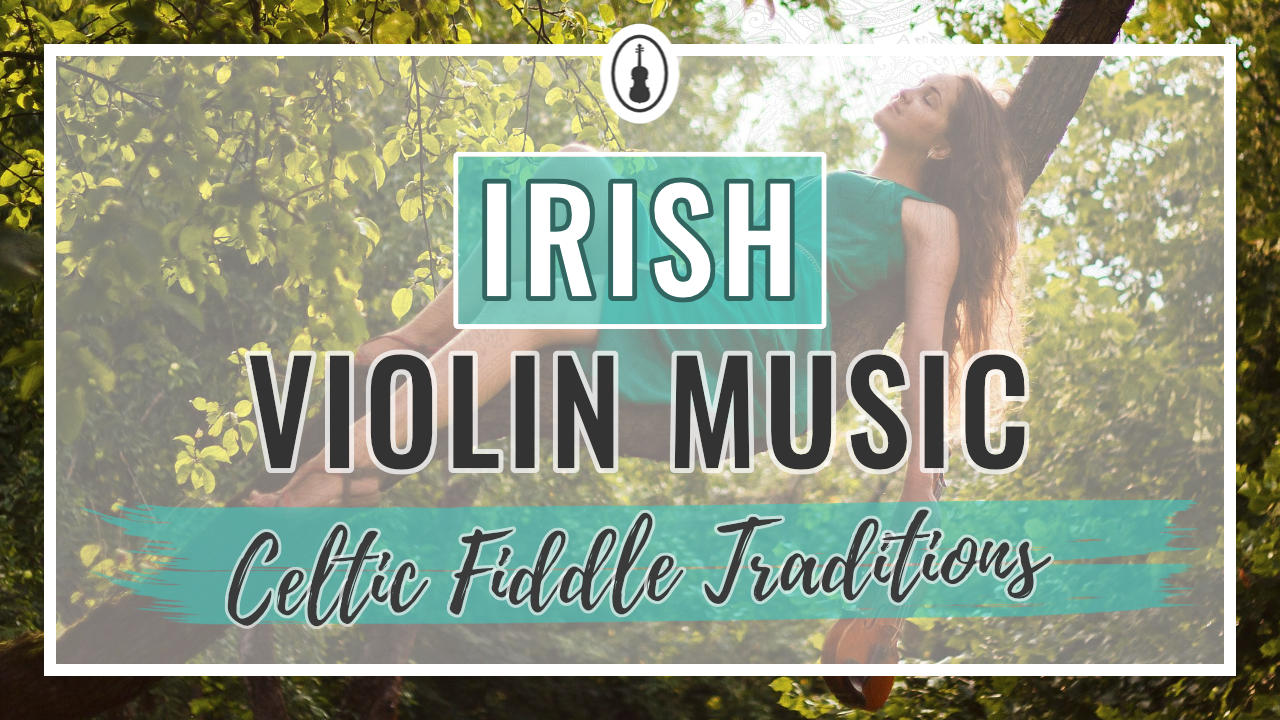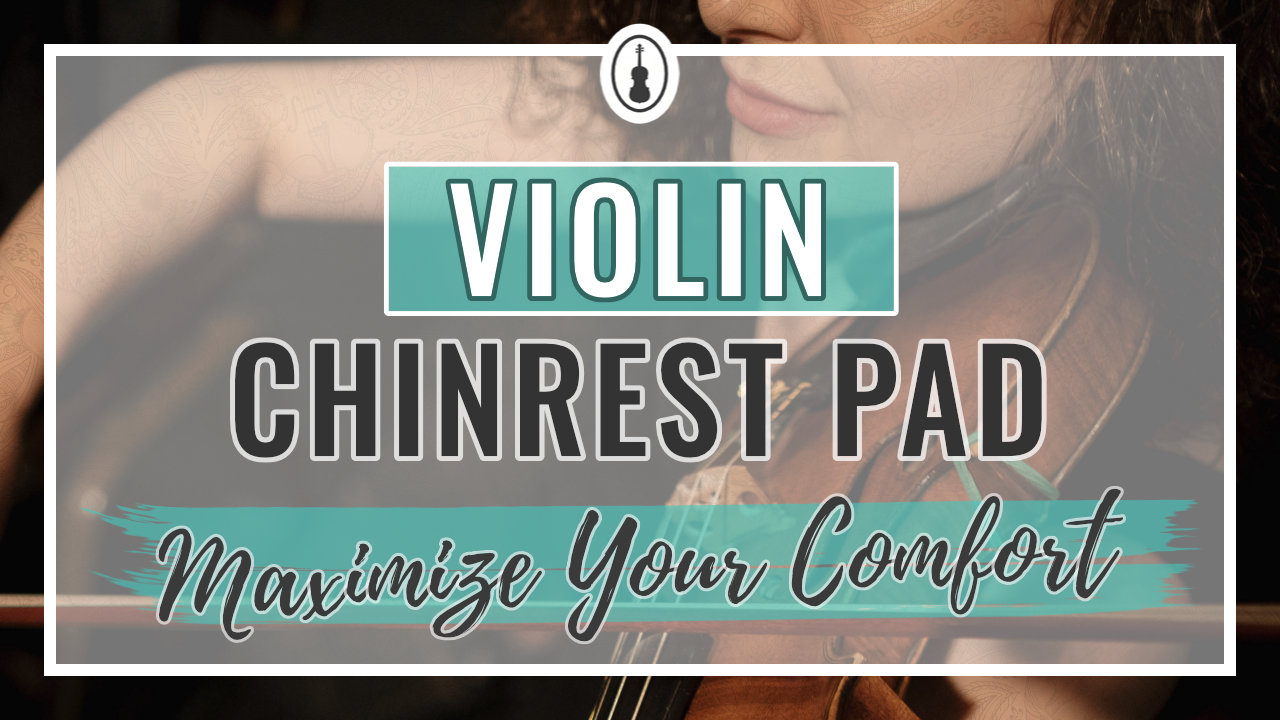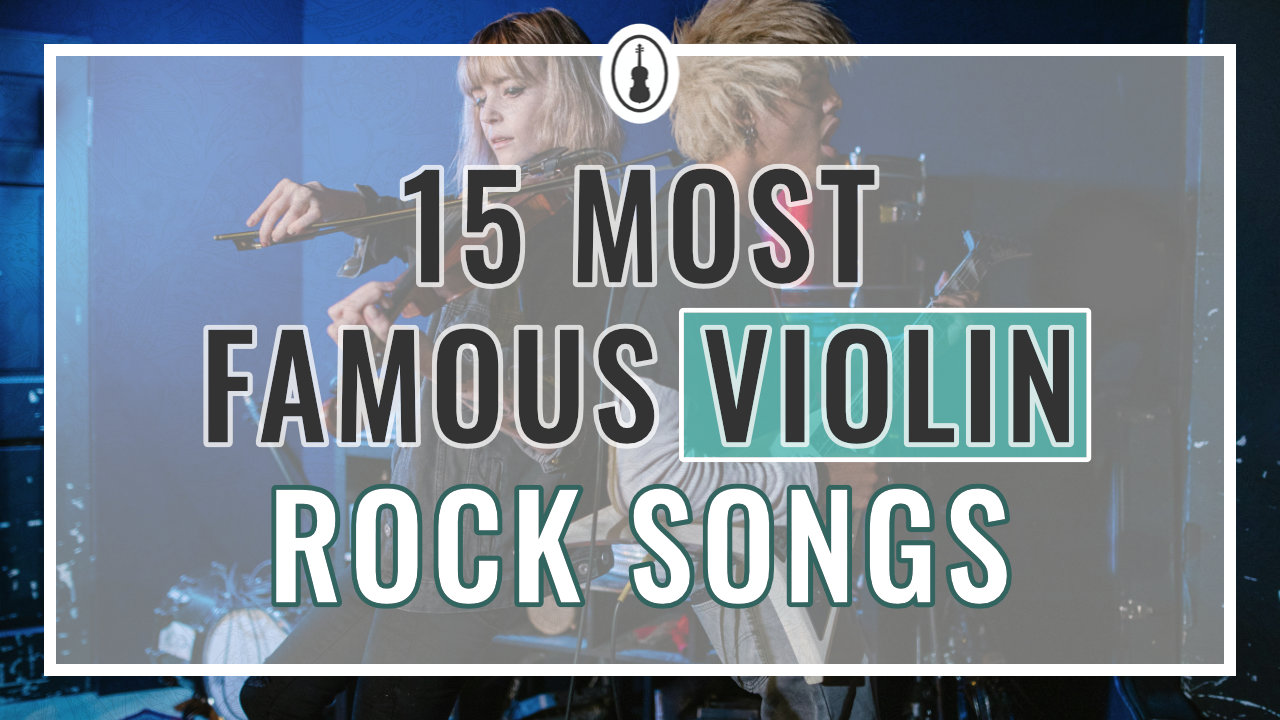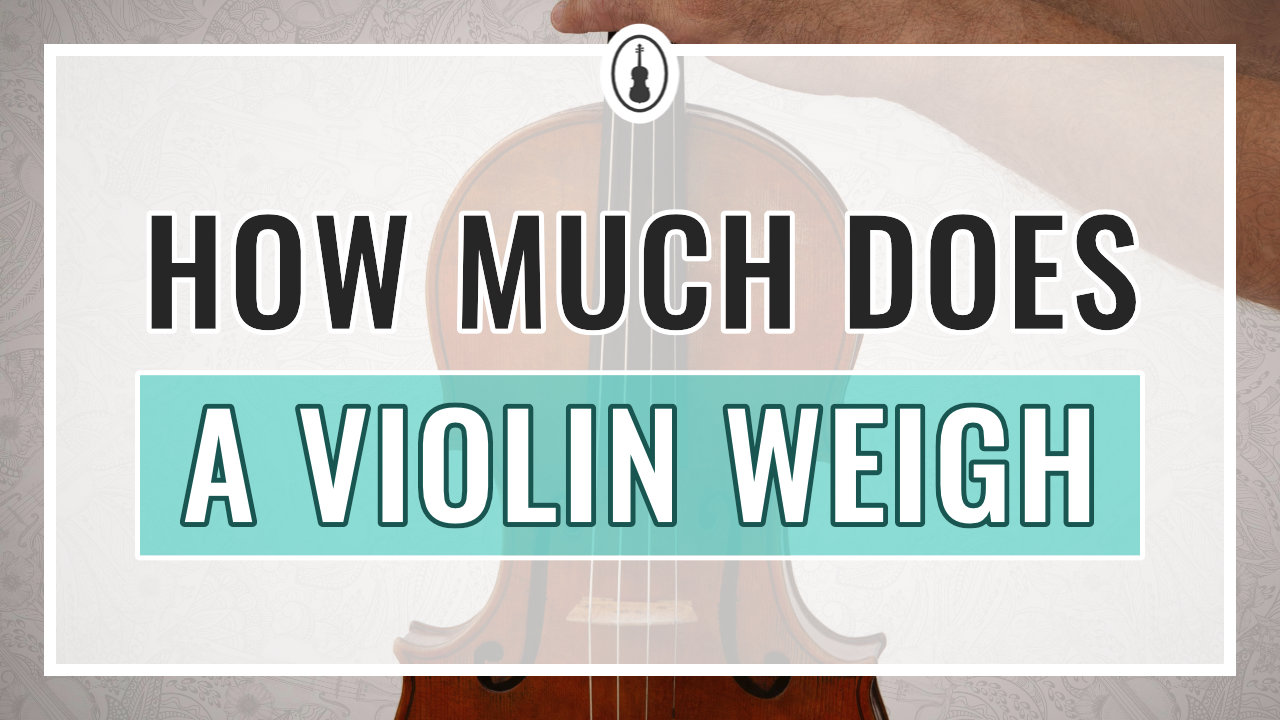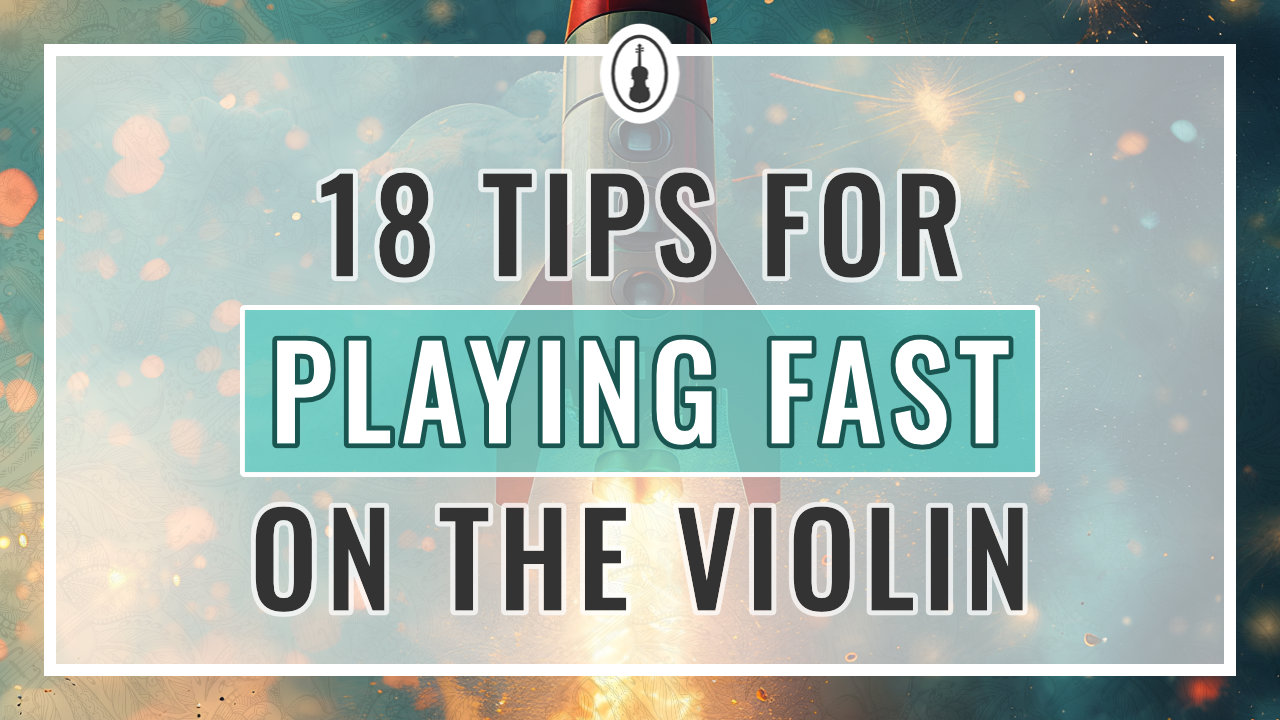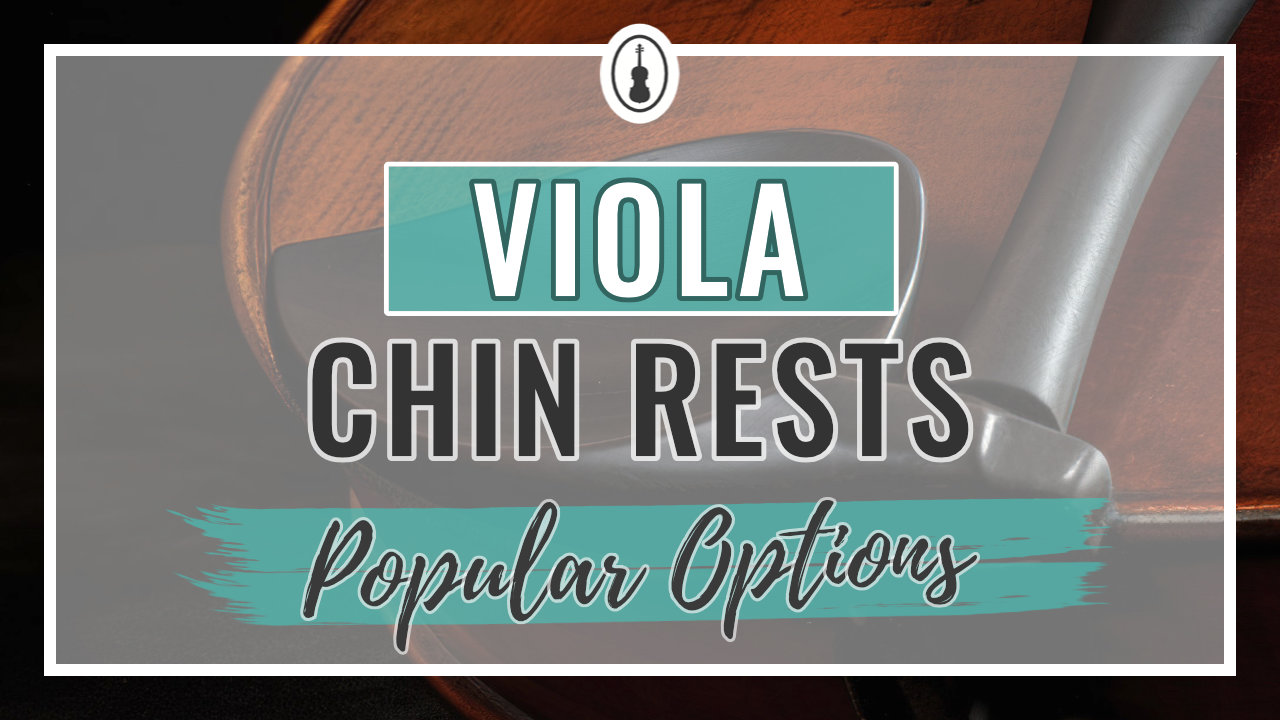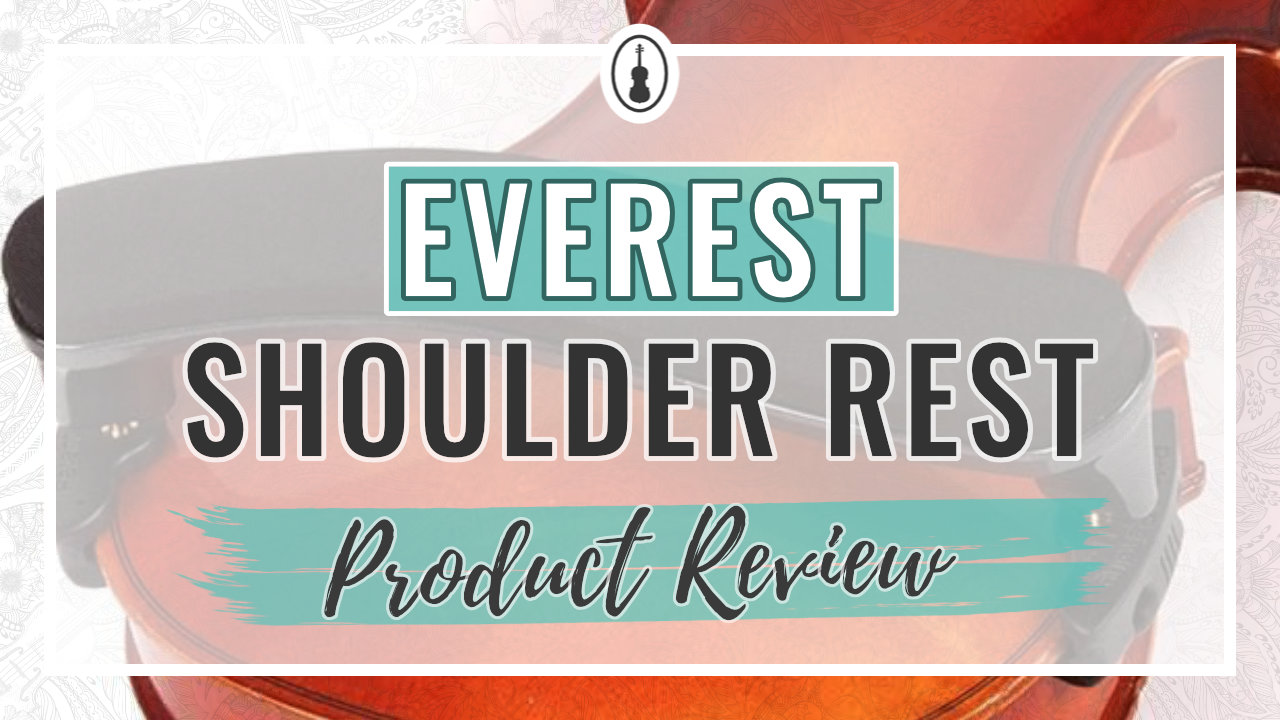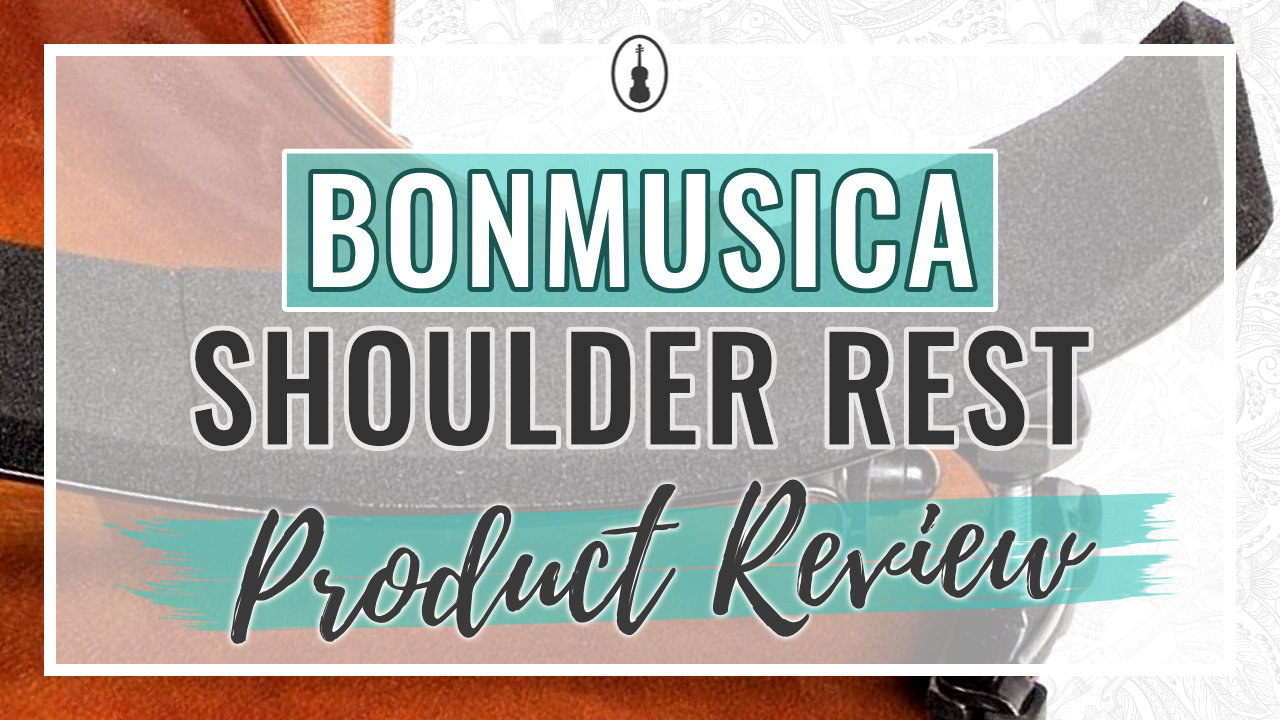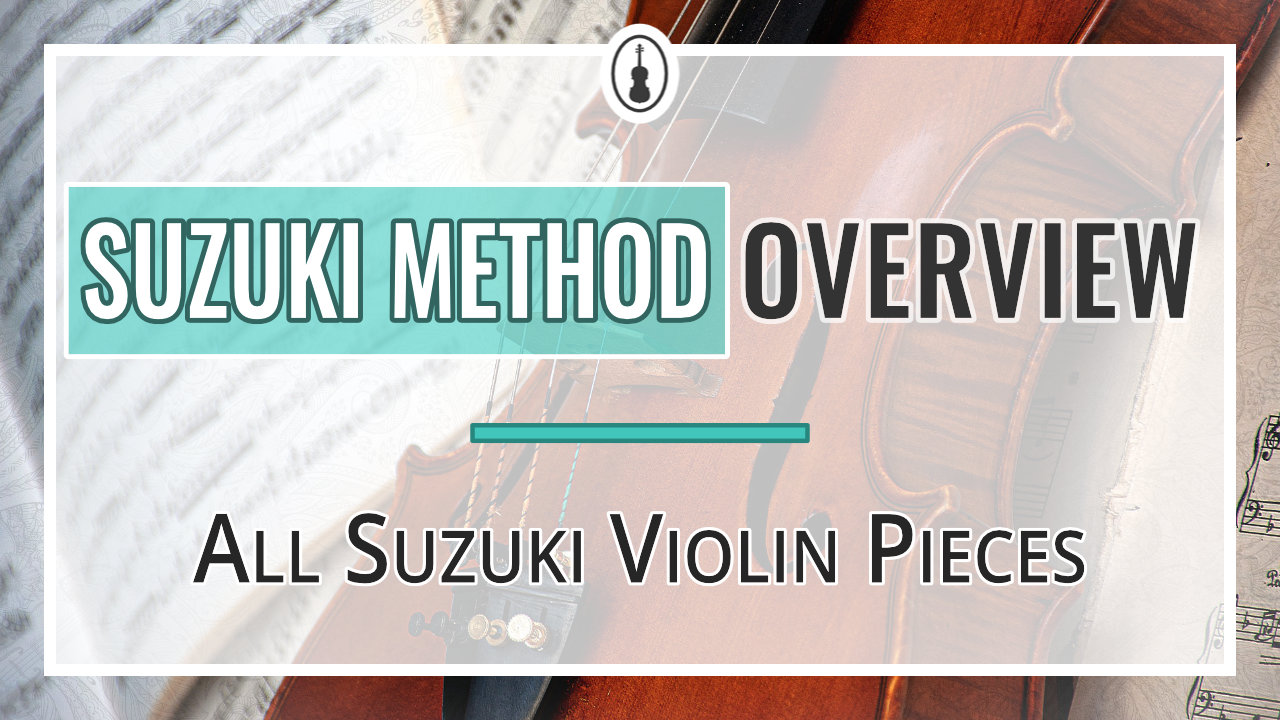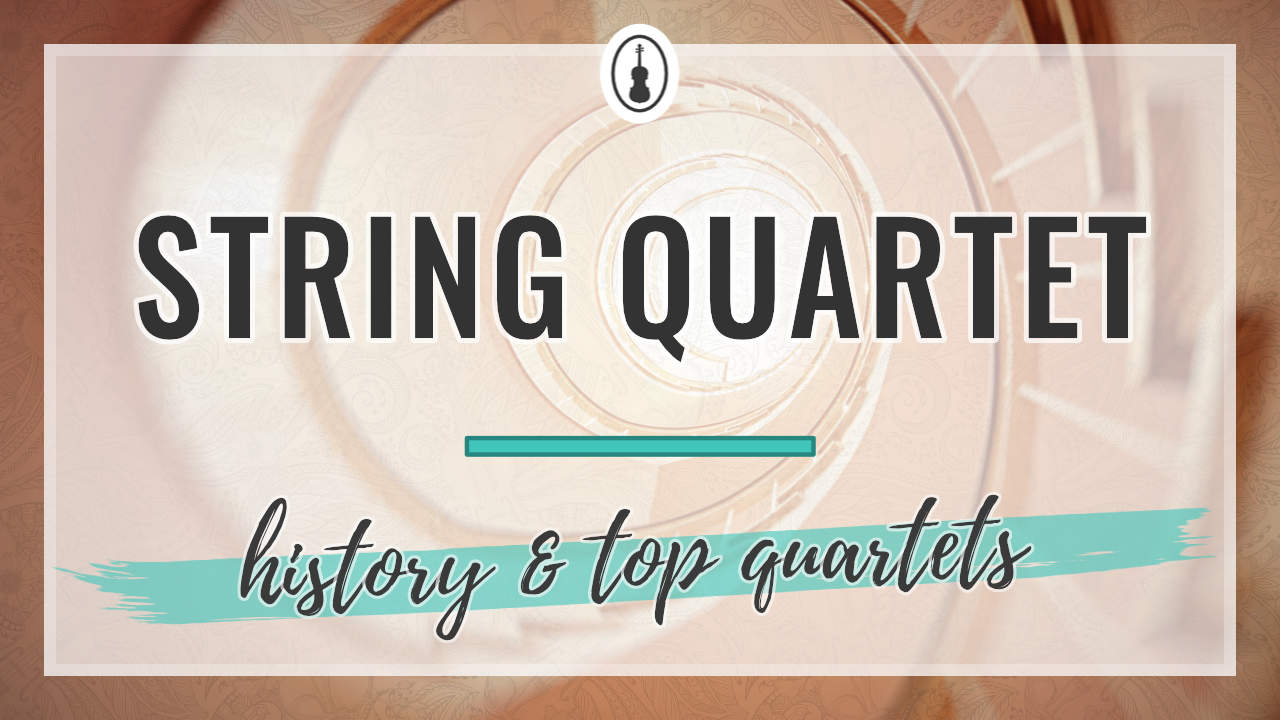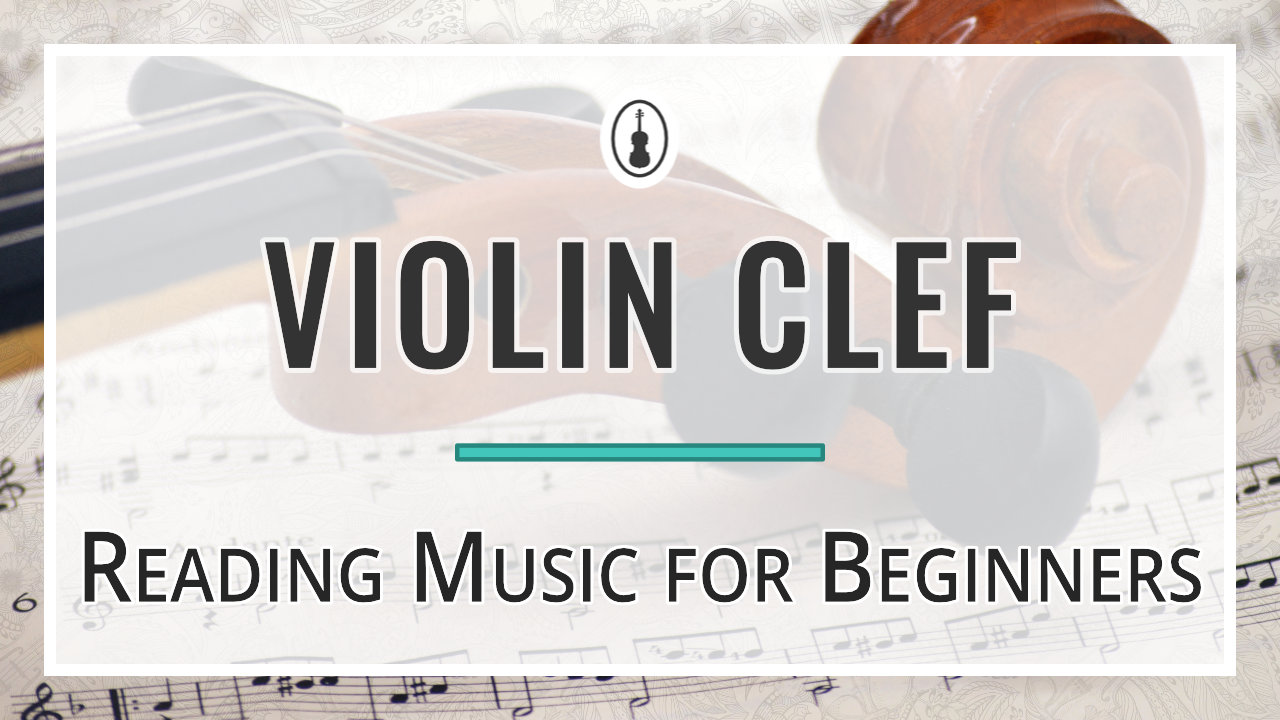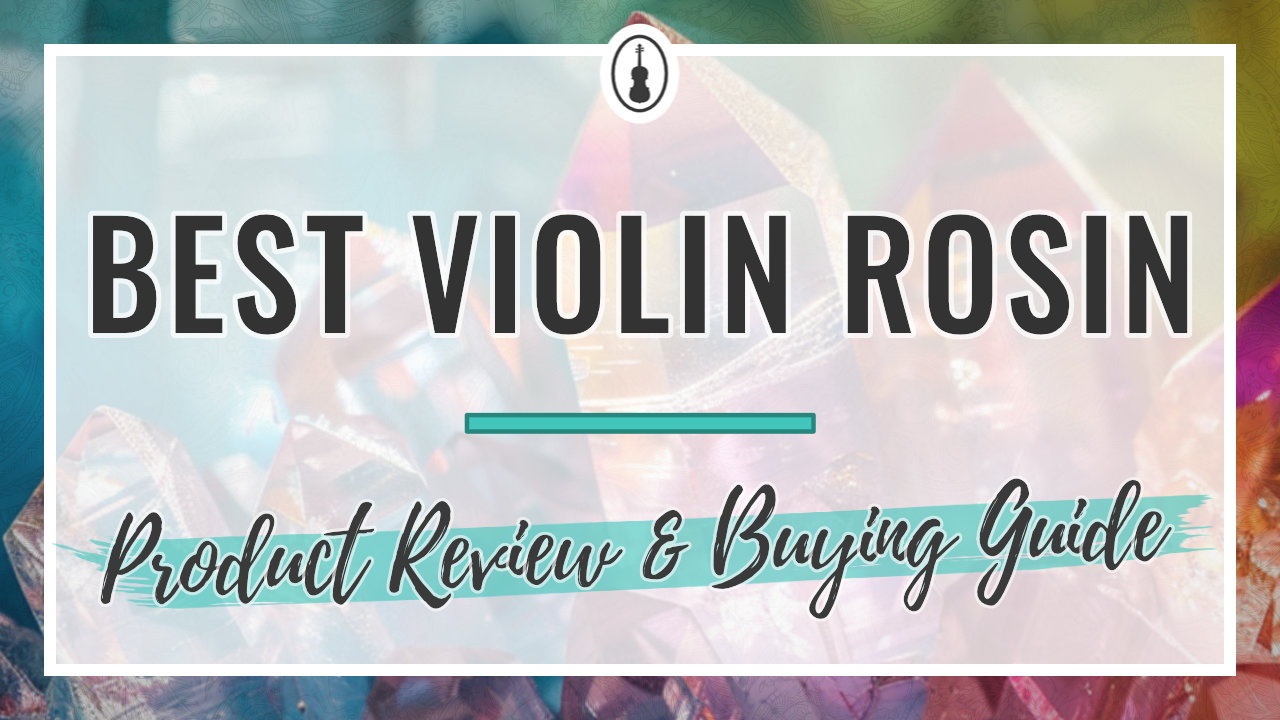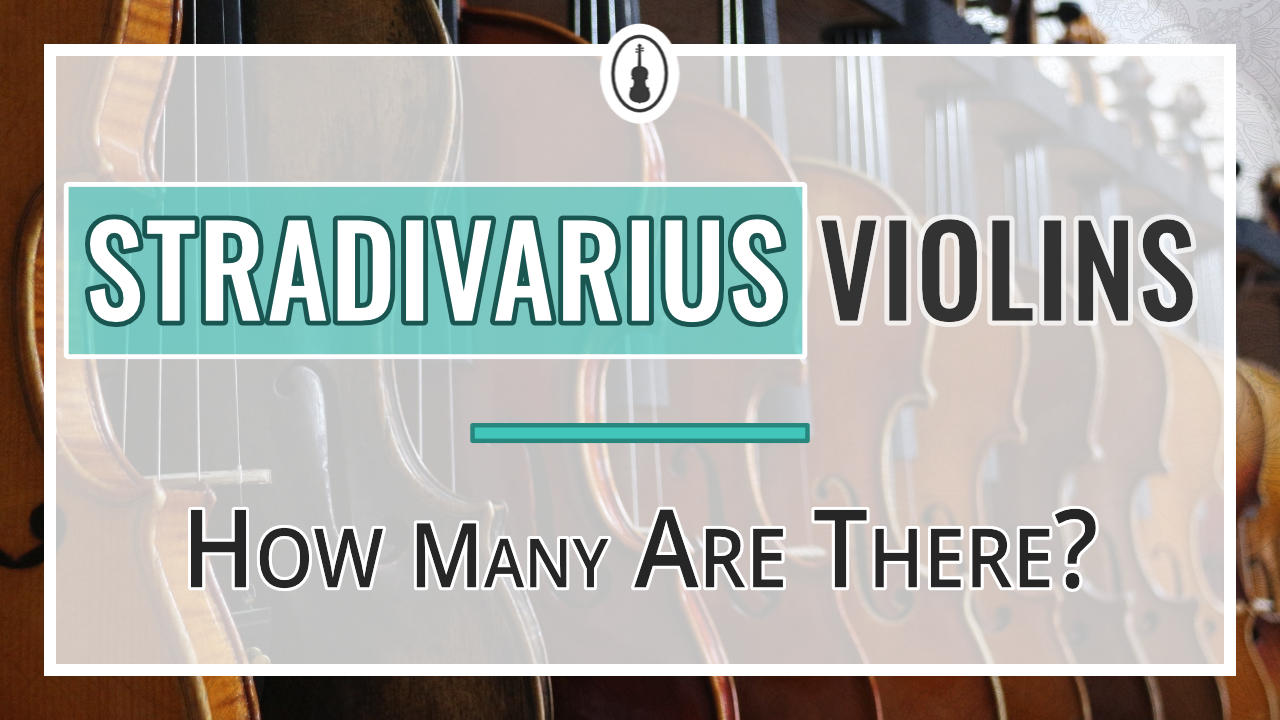A question that I receive often is “How long does it take to learn violin?”. This is a great question, and something very natural to wonder as you start your violin learning journey! While I don’t have a concrete, easy answer for you, I can tell you how things may possibly go.
It really depends on your personal situation:
- how much you practice,
- how much experience you already have,
- how motivated you are.
But I know that’s not an exciting answer…
Instead, let’s talk about what you could potentially learn in the coming years depending on the effort and the practice time you put in.
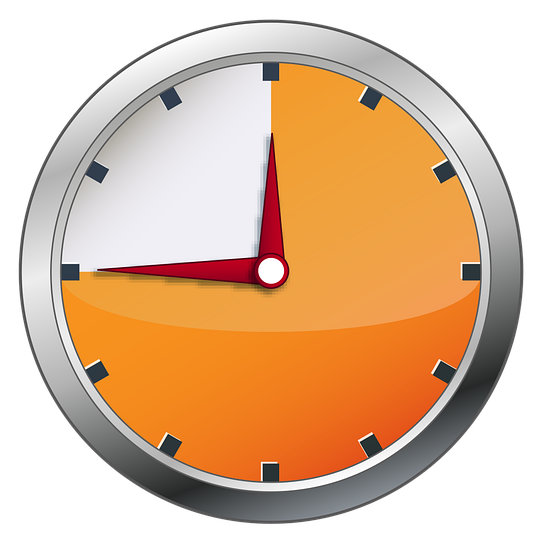
What I’m sharing today is modeled on the “ideal” student who practices 45 minutes a day, every single day. This isn’t normally the case: most of my students don’t practice every single day, and it’s nothing to be ashamed of. This is more an estimation of what you could achieve if you were to practice very deliberately for 45 minutes a day.
The progress that I share today isn’t realistic for everyone. Think of this more as inspiration for what you’d like to achieve in a timeframe that makes sense for you.
How Long Does it Take to Learn the Violin if I Practice 45 Minutes Every Day?
Whether you have seen a beautiful violin concert or want to pick up a fun hobby on the side – something about learning the violin got you curious!
But, how long does it actually take to learn the violin? And what does it all involve?
While I’d love to tell you that you can learn to play beautifully in a few weeks, that’s unfortunately not the case…
The best way to explain what your progress could look like if you commit to learning the violin is by showing you examples of pieces that you’d be able to play at certain stages in your development. That’s why I created my own video, in which I play the pieces you could learn to play in each timeframe.
Watch the video below to get an idea of what your progress could look like if you commit to practicing about 45 minutes a day:
The example pieces that I showed in the video were:
- Mozart – Menuett K.105
- Minuet – Boccherini
- Romantic Piece No 1 Opus 75 – A. Dvorak
- Gigue from Sonata in D Minor – Veracini
- Violin Concerto No.3 in G major, K.216 – Mozart
In the video, I play the violin with all of the skills I know now after years and years of learning: vibrato, good bowing technique, and the finesse that comes with spending years dedicated to the instrument. I’ve also taught these pieces to hundreds of violin players through my years as a teacher, which adds up to a lot of practice time!
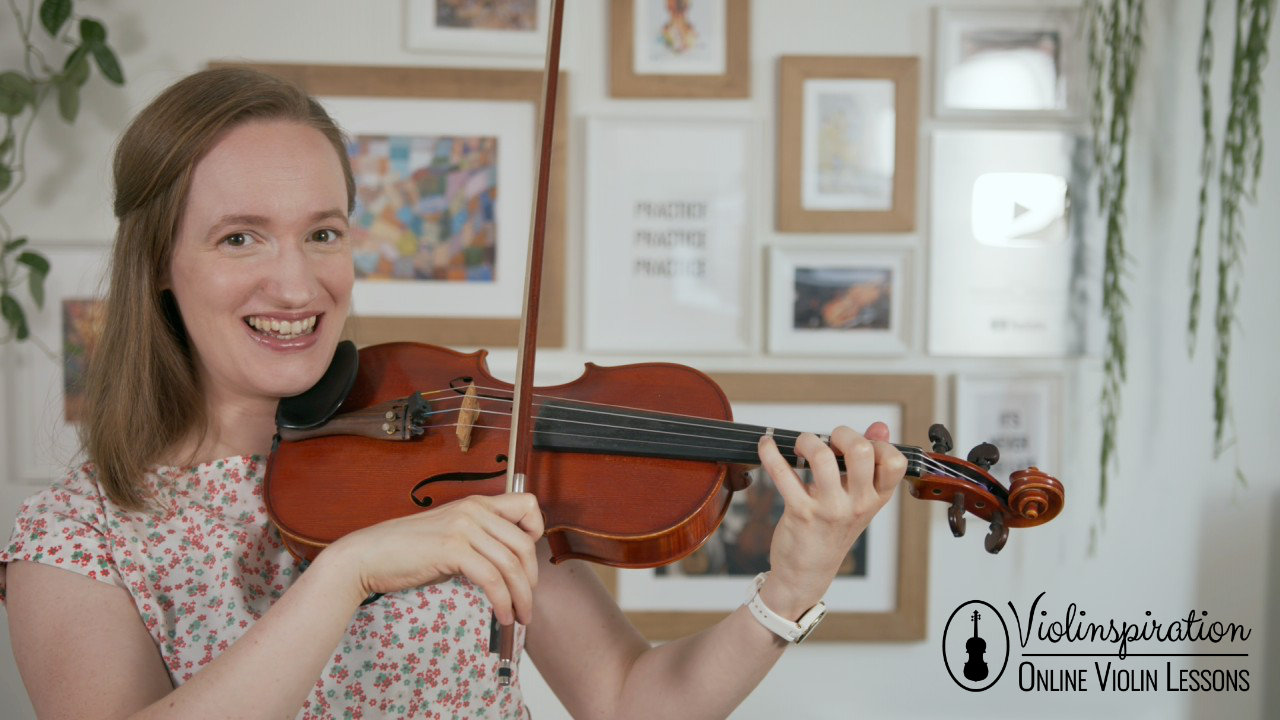
Dedication & practice vs. having fun
Violin playing requires dedication and a lot of practice. However, that doesn’t mean that you can’t have fun from day one!
You will notice that playing the instrument is a great feeling – even if you can just play one simple tune. And if you’re enjoying your practice sessions for a few years, you might just end up playing very beautifully!
The violin is such an intricate instrument, so it takes many of us years of dedication to really “master” the violin and create the sound that made us fall in love with this beautiful instrument in the first place.
Remember that everyone is different!
Some aspiring musicians might have more musical experience than others and will learn faster, while other beginners started playing music completely from scratch and might take longer.
However, if you need a little longer, don’t be discouraged! Learning to play beautiful music on the violin (and even just to sound decent) is more about consistent practice than it is about pure talent. I’ll talk about ways to boost your learning speed a bit later.
What Do I Need to Learn on the Violin?
In order to play most songs on the violin, you’ll need to learn many basic skills upfront.
Learning the basics takes a lot of time for most people, but after getting over this beginning hurdle, the doors to so much more music open up.
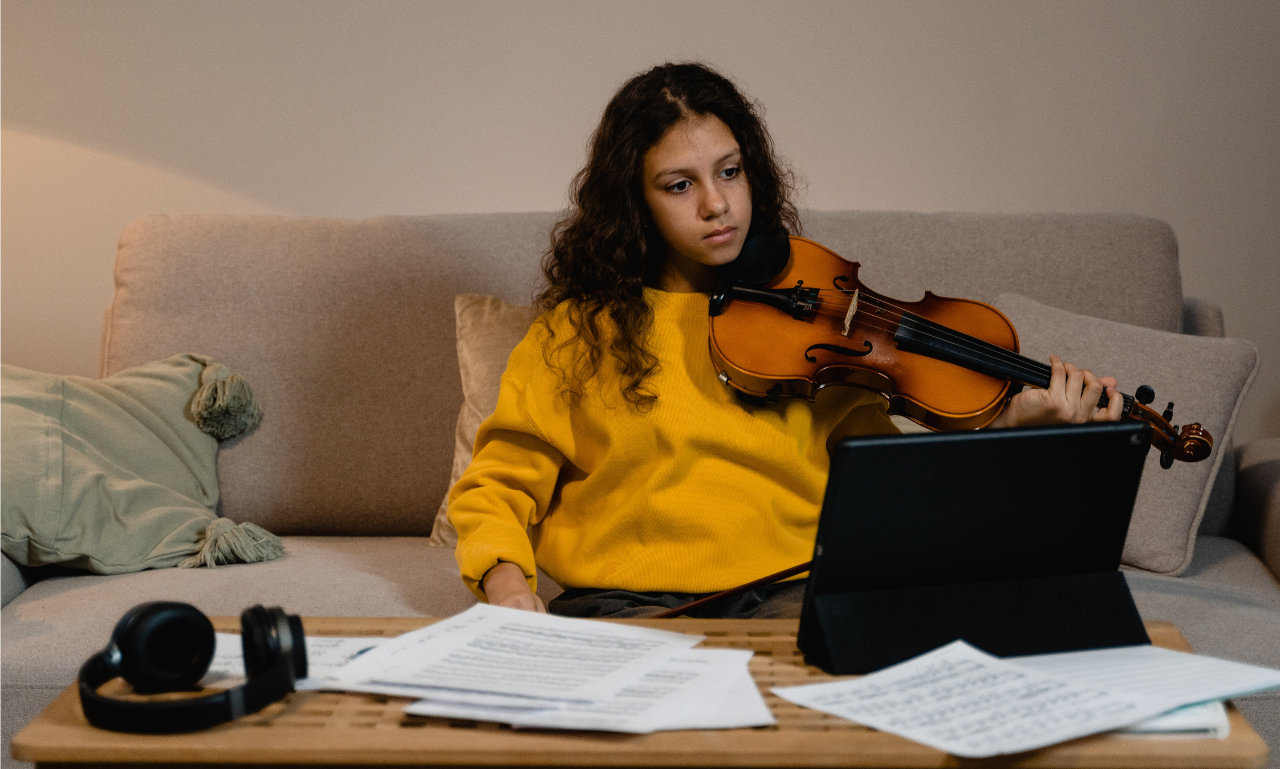
👉 At the start, you’ll need to learn the parts of the violin and the bow, caring for them, finding the right violin playing posture and bow hold, and music theory concepts that will help you read music.
After you develop basic skills, you can start to play songs meant for novice violinists. These teaching pieces help you practice the skills that become the foundation that harder classical music builds on.
It takes most violin students about a year to learn these basic skills and to begin playing classical music. From there on out, you’ll learn more advanced techniques, all the notes of the violin (third position and even higher notes), and you’ll start to get a more sophisticated sound with deeper musical expression.
Again, once you learn the basics (reading music, playing with good posture, and starting to play tunes), your learning will really progress.
👉 You should first learn these basics as a foundation because violin music of all genres builds on the basics.
Why Am I Learning Slower?
Some people learn very fast, and others learn a little slower. If you’re feeling that you’re learning slower, that’s completely okay because everyone is working on their own clock. Some techniques that are harder for you may just come easier to others, and ideas that you naturally understand right away may be harder for other beginners to grasp.

While watching others play violin can be very inspiring, it can also lead to unwanted comparison. Comparing yourself to others can be very detrimental to your motivation and overall mental health. Instead of comparing yourself to other violin students or even a pro violinist, try to learn from them: Do they practice differently than you? Do they have prior experience on a different instrument that you don’t have? Is their outlook on music and the whole learning process different from your own?
Please always remember that music is about enjoying spending our time together with beautiful sounds. Playing for other people who enjoy it is one of the most rewarding things that you can experience as a violinist, and you don’t have to reach a super high level to experience all the wonderful benefits that music has to offer.
Why Isn’t My Progress Consistent?
Sometimes we learn concepts very fast, and others take longer to master. At the start, you might make great strides, breezing through the songs in your book. Later on, you might find that it takes longer to get through each piece.
As the techniques get harder and the pieces get longer, you’ll need to spend more time with everything you’re working on. Learning a sonata that’s four pages long will take longer to learn than a song that’s four lines long. Be patient and think back on how far you’ve come.
We all reach plateaus when we learn the violin. They happen at different times for everyone, and it’s completely normal. The violin is a difficult instrument to learn, and there will certainly be ups and downs throughout your journey.
If you’re feeling discouraged, I highly recommend you play tunes that you really enjoyed learning. Many aspiring musicians have found that playing something “old” teaches them something new about the violin, and about the progress they’ve made. Stick it out and stay patient with yourself–you can do this!
How Can I Learn Violin Faster?
There are a few ways you can jumpstart your progress in addition to practicing more.
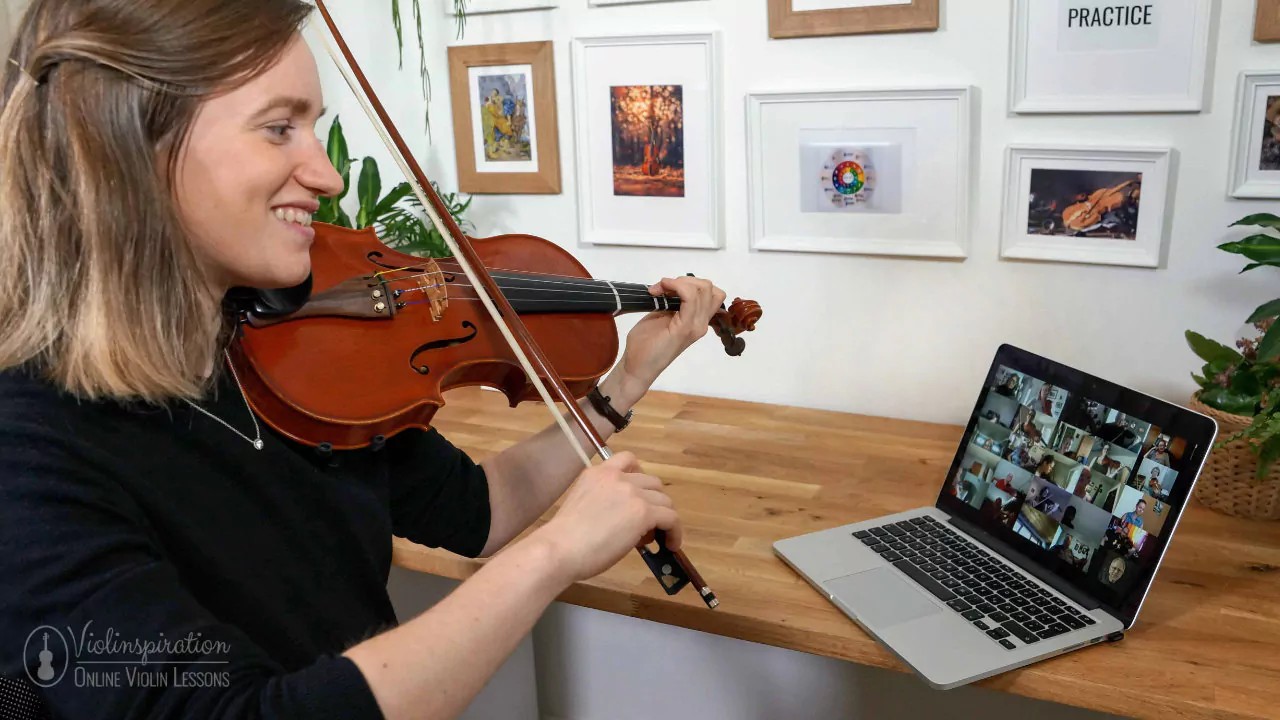
Find a Teacher
My first suggestion is to find a violin teacher. A music teacher will show you violin concepts that build on one another in a way that makes sense. Having someone on your side who can critique your own personal playing will help you hone in on the techniques you need to learn to progress faster. Violin lessons are a great use of time when you’re learning violin!
Even just scheduling one violin lesson occasionally will help expedite your learning. Getting feedback, even just once, can really change the trajectory of your journey.
One of the options is a teacher who will give you feedback online. If you like this option, make sure to enroll in Julia’s Violin Academy to get the teacher’s support as well as a step-by-step plan on how to learn the violin.
Create a Practice Routine
Even if you can’t practice for quite as long as you’d like, finding a practice routine that reliably works for you cannot be understated.
Between someone (Person A) who practices for 2 hours one day a week and someone else (Person B) who practices 20 minutes six times a week, Person B will notice more progress despite practicing for the same amount of time as Person A.
Practicing often gives you a chance to retain the information and progress you’ve gained. Someone who practices for a long time just one day a week will notice a lot of progress in that one day, but they’ll likely forget or lose some of the newly gained abilities when they pick the violin back up days later.
By practicing regularly, you’ll retain information more reliably. Then you can build and build on your work and feel even more comfortable playing.
If you’re struggling to develop a practice routine, I have many helpful resources! Learn how to build your own practice routine, how to practice to bring out the best in you, or learn what I think the best practice routine for beginners is. Or, you can start by downloading a blank practice plan over here:
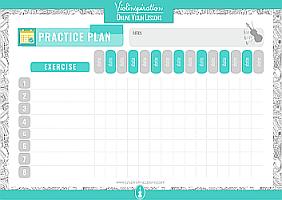
Fillable Practice Plan [PDF]
Make Friends
My next suggestion is to make friends with other adult beginners. Being able to talk to others who are encountering the same problems and wins in their learning journey can help you feel secure about your own experience. Your friends might offer a totally different perspective than anything you or your violin teacher may have thought up. Also, making new friends is just fun, and music is a great way to connect!
If you’re looking for a group learning experience, my violin Academy might be just what you need! My video lessons progress in order of difficulty and skills, and each lesson includes multiple camera angles and sheet music. You can submit videos for feedback, and join in live classes with your peers! We also have Members Recitals where you can get out of your comfort zone and perform for others.
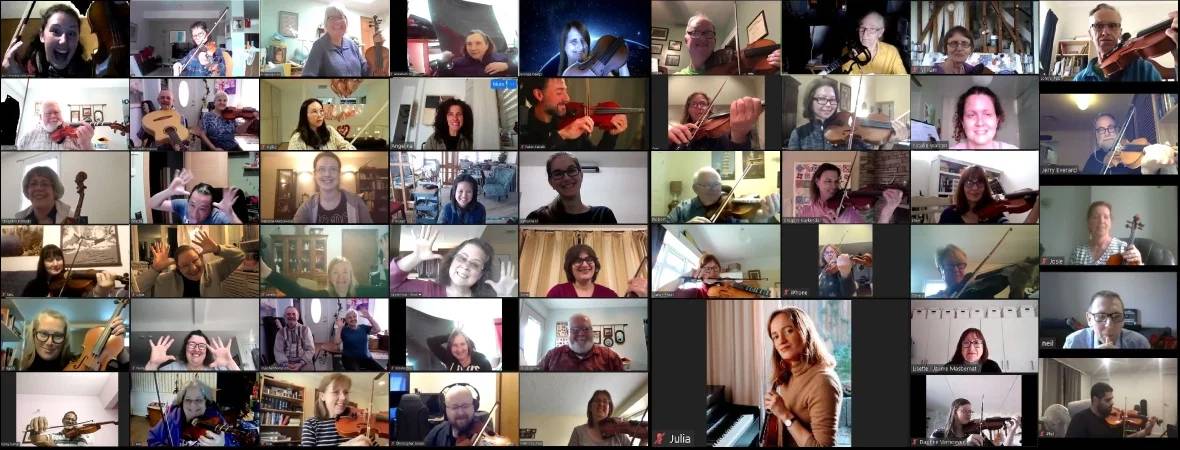
Want to see real beginners share the progress they’ve made? A few of my students kindly shared videos of their progress over their first few months and years of playing the violin. Watch their videos for another realistic look at the progress you might be able to make, too!
Listen to More Music

Another way to boost your violin learning is to listen to more classical music or even the exact pieces you’re learning. By surrounding yourself with the violin outside of practicing, you can continue learning subconsciously while performing other important tasks like work or household chores. You can learn so much about the violin just by listening to others play it!
Get Out of Your Comfort Zone
I also highly recommend getting out of your comfort zone when it comes to learning violin. If you have the opportunity to play for a different teacher, in a recital, or in an orchestra take it!
Getting out of your comfort zone expands your knowledge and really jumpstarts your learning. Keep an open mind, and you’ll learn violin faster.
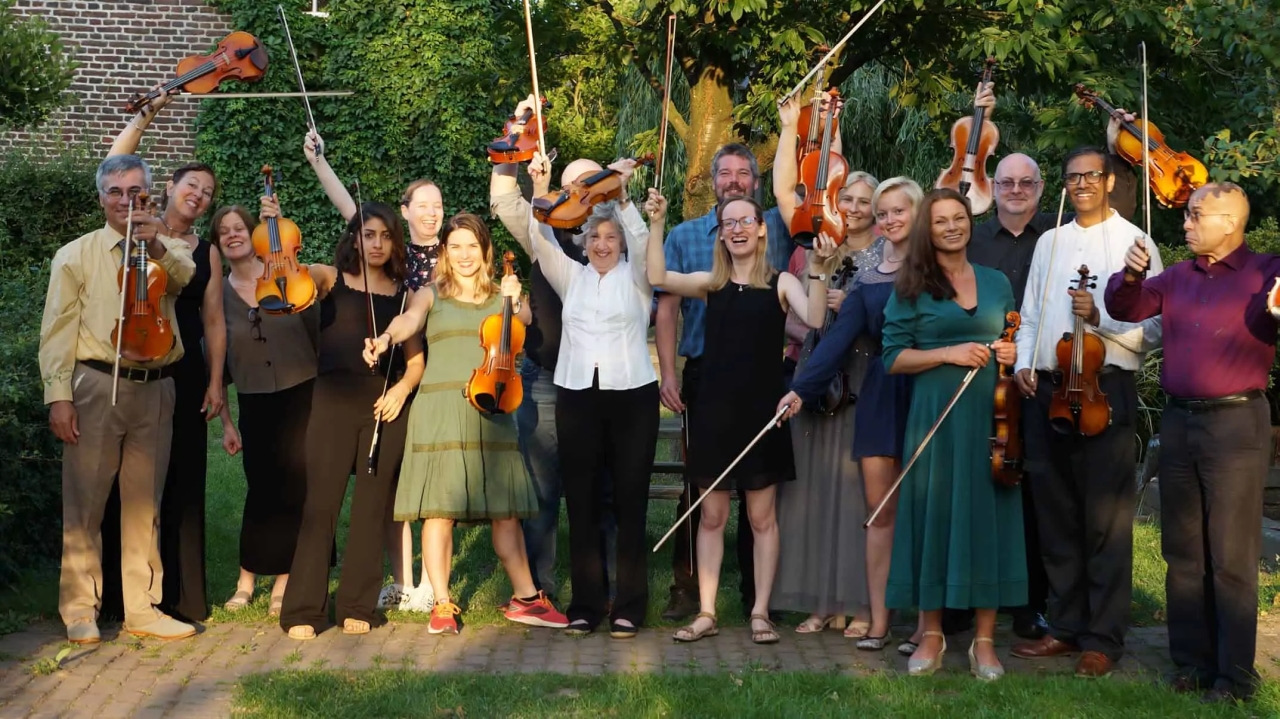
Nothing compares to playing music with others. Making music together is a wonderful way to stay inspired, grow as a player, and build lifelong friendships.
For those who want to experience this in real life, I can highly recommend joining Violin Villa – a retreat designed for violinists of all levels who want to connect, play, and learn in a warm and supportive setting. It’s a great opportunity to take part in a real-life violin camp and share the joy of music with others by participating in the orchestra recital as well as playing a solo piece!
It’s About the Journey
Learning the violin is a lifelong journey. The violin masters spent days and days building their craft, equating to thousands of hours of practice throughout their lifetimes.
Someone once asked the famous cellist Pablo Casals why he still practiced at 80 years old. He replied, “Because I think I am making progress.”
It doesn’t matter what age you started learning the violin. Making music is about experiencing beautiful things with others. As long as you enjoy playing, you’ll have a richer life because of it – no matter what level you play at!
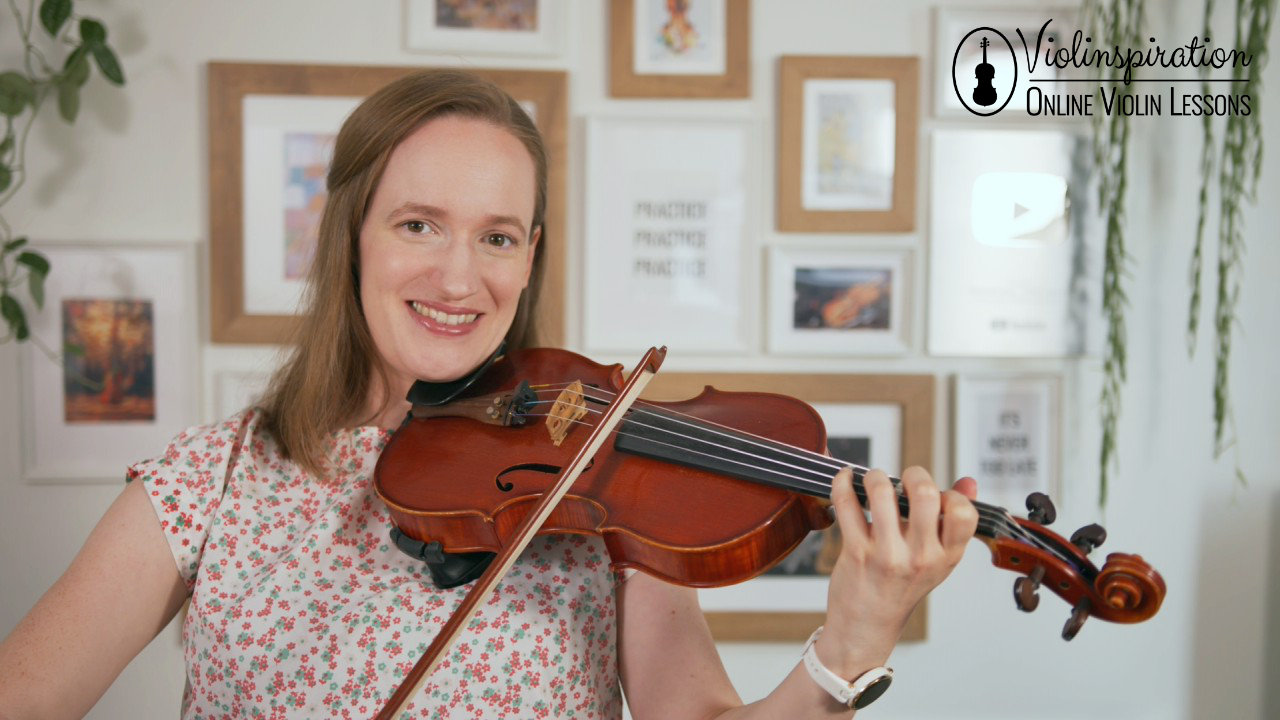
Key Takeaways
- Learning the violin is an endless journey – there will always be something new to learn!
- You can expect to take about one year to play your first classical piece
- If you practice the violin consistently & commit to playing for several years, you can achieve to play more complicated pieces on the violin, as demonstrated in the video.
- The key to learning to play the violin is finding a practice routine that you get to enjoy – as long as you are enjoying yourself, learning will come automatically!
Want more tips and inspiration as an adult learner?
Here are my 15 Tips for Learning the Violin as an Adult, and “Is The Violin Hard?” Experience from an Adult Beginner. I hope these words of wisdom help you along your musical journey!
